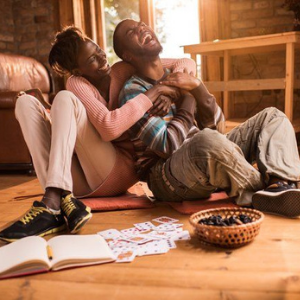by Osisiye Muhammad Tafa

We lived in Akure when I was 13 years old, and attended a big church in Ijapo Estate.
The church had a provincial parish pastor, and mentions of the church overseer usually reached us through snippets from his daily devotional and monthly vigils at the church’s national headquarters more than 200 km away from us.
This time, however, we heard the overseer would visit Akure in person, so we all convened at the local stadium.
Surprise of surprises, we got there to meet Man-o-War and paramilitary officers. As the crowd surged and shoved in anticipation of his arrival, the security detail freely welded their horsewhips ( koboko) on the crowd.
The church overseer soon arrived in a convoy with loud blaring sirens. The crowd grew more frenzied while the security detail unleashed their animal instincts.
After he left, all that stuck was the memory of a red welt I had noticed on a man’s arm. Jesus wouldn’t do this. Why should security men use horsewhips on a crowd to announce a man of God’s arrival; that visit left a bad taste in my mouth.
***
It was the night before I turned 18. I had almost finished reading Soyinka’s “You Must Set Forth at Dawn” when I read about his experience in Egypt, where he witnessed a man bowing and praying to Allah beside the pyramids. For some reason, I felt a sense of peace, timeless history, and a desire to know more.
The thing is death excites me; the fact that it will all be over someday.
Tombstones have also intrigued me—a life boiled down to a paragraph, sometimes three words. This started when I noticed our family house in the village was opposite an Anglican Church’s gravesite. On a camping trip in Itasin forest, Ogun State, the Catholic church we camped in housed some tombstones.
Since I moved to Belfast on Tuesday, September 3, 2024, I’ve been lucky enough to find a cemetery where I can walk around, watch the trees, read the tombstones and just bask in the silence of this sacred place. The cemeteries here have containers of salt at the entrance to remove the smell that attracts animals to dig up graves—spiritual folks also believe salt is a key part of the purification rite that helps the dead find solace in the afterlife.

The death and ancestral rituals of the pyramids of Egypt and the Toraja people of Sulawesi, Indonesia, fascinate me. In Nigeria, death sometimes becomes a reason for family fissures, as a relative might be stored interminably in the mortuary while the family impoverishes itself to conduct a “befitting” burial. The Islamic practice of burial within 72 hours—and ideally, 24 hours—of the person’s passing is practical and allows us to focus on a worthy life and afterlife.
At Federal Government College, Odogbolu, a unity school I attended, the Imam’s son, Hakeem Lawal, was my friend. We frequently discussed Islam and the signs of Allah. While I appreciated his gifts of nicely wrapped ram meat during Sallah, our chats on the signs—Arabic signs on natural bodies, the moon’s cycles, the mystery of the Ka’aba—the Arabic language and miracle births associated with the religion of peace fascinated me.
During my time in the unity school, I noticed that the process of five daily prayers, early rising for the Subh prayer, ablution, memorising Arabic and tactile comprehension of words, gives Muslims a learning edge. They quickly learnt the values of repetition, arcane concepts and hygiene, which can be transposed to life, academics and business.
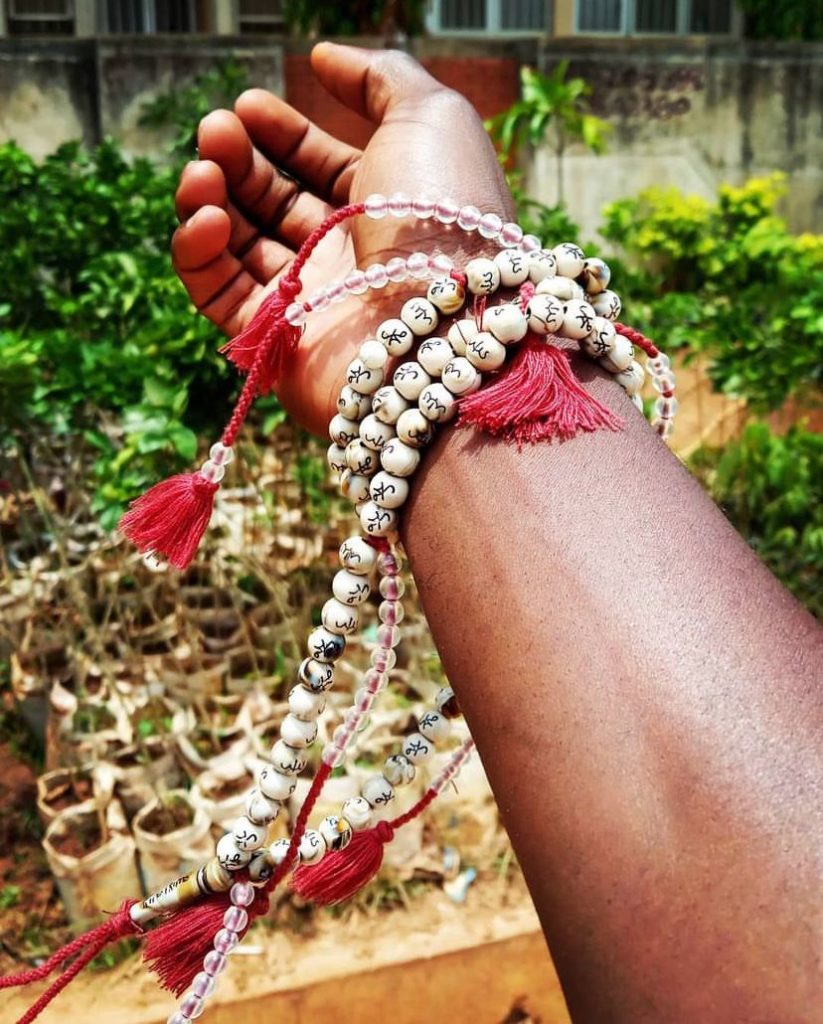
I love to read autobiographies. I admire the lives of Muhammed Ali and Malcolm X from the pages of books. Malcolm X’s conversion to Islam and subsequent pilgrimage to Mecca inspired, and then, excited me.
“Islam is a perfect system,” something I frequently heard after my conversion. And as I read the Qur’an with its views on reproduction, agriculture, land use, wealth, profit sharing and marriage, I am once again convinced it caters to all aspects of human life.
Islam is big on mentorship, and as I sit with my Alfa, Mallam Muiz, to study Surah Al-Fatiha and other Islamic prayers, rites and verses, I am grateful for this hand holding relationship brought about by the religion of peace.
I’ve been reading Ahmadou Kourouma’s “Allah is not Obliged”, and I find a lot of parallels in the life of the small-soldier and mine; the same parallels are detailed in the Qur’an:
Do not back down from attack.
O ye who believe! When ye meet a force, be firm and call Allah in remembrance much (and often); that ye may prosper.
— Surah Al-Anfal, verse 45.
As a child, I remember people waiting after Sunday services to ask for lifts, favours and to complain about impending homelessness. Not long after, the church building would be locked, and they’d have to trek home or deal with their homelessness depending on the benevolence of the churchgoers. This usually happened after a church service where several calls for donations for the church building and other projects would’ve been made.
A question that always bothered me was why the hefty offerings and the large church building could not be dedicated to the satisfaction of the churchgoers’ needs.
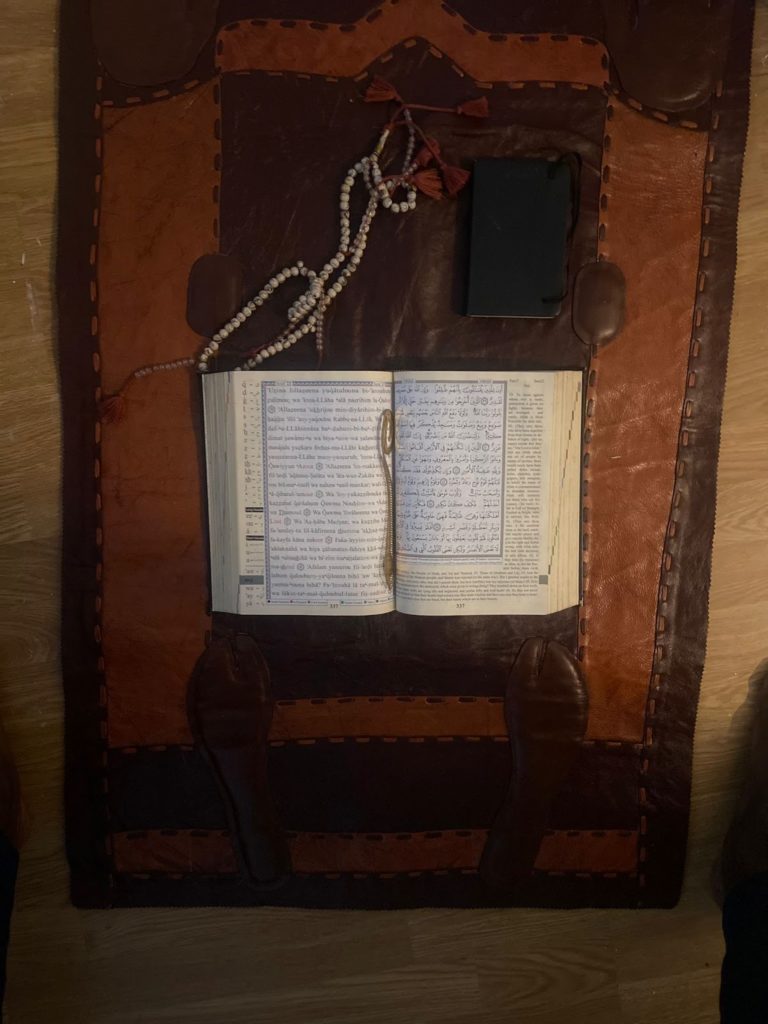
On the other hand, the Qur’an preaches almsgiving as one of its pillars, and after prayers, anyone in need can ask for donations, as required. This form of wealth redistribution is sorely needed in our society now, more than ever. Homeless people can also ask the Imam of any mosque for permission to spend the night; I used the service once, and was given a bathroom stall and water in the morning.
My different experiences with Muslims have all been drops that led to the final pool of emotion that cemented my conversion to the religion of peace. They have been kind, open and accommodating.
Like Alhaji Rasaq Adeleye Bodunrin, my ex-landlord at Dideolu Court Estate, Ogba; Hakeem Lawal, the Imam’s son from Federal Government College, Odogbolu; Ms. Tinuke Lagudah who gave me my first Qur’an (which I still use 12 years later); the Muslim couple at the Yankari Game Reserve, Bauchi, who took me to the mosque and introduced me to the Imam for my conversion.
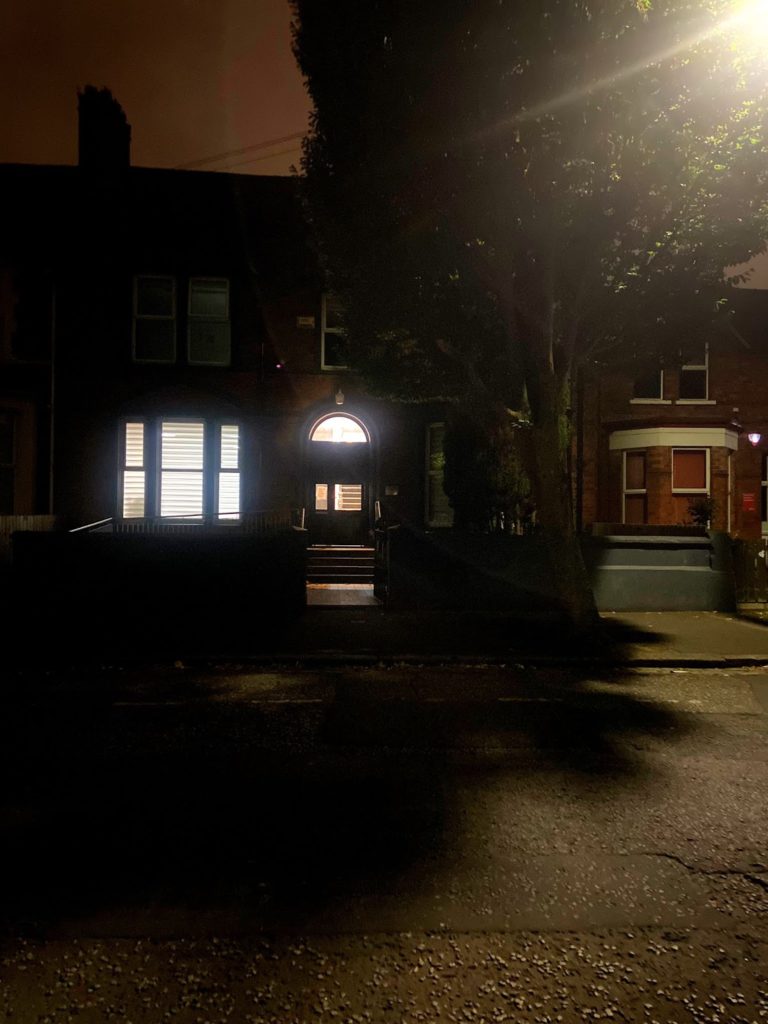
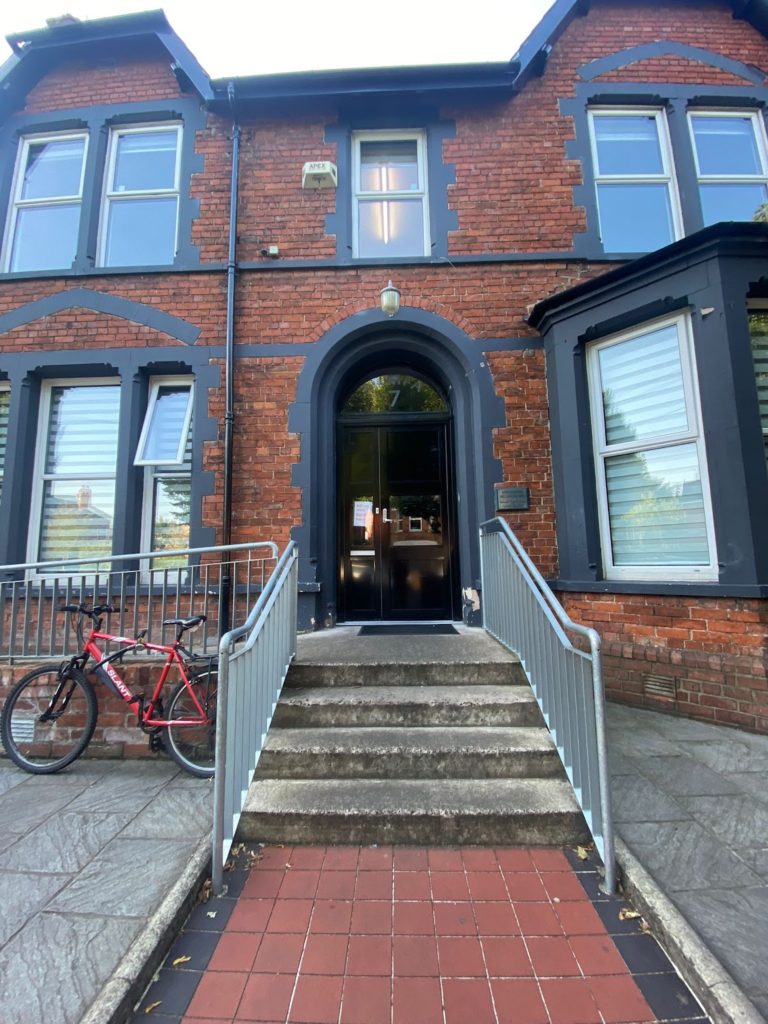
The day of my conversion came in June 2024, and it started like any other. The conversion itself came by chance.
I woke up, read a bit of the Qur’an, which had transliterations, English, Arabic letters and Arabic symbols. Then I headed to a nearby mai shayi for a cup of tea. As I left, I made sure to double check my room windows because the baboons at the Yankari Game Reserve like to open doors or windows to ransack guests’ rooms.
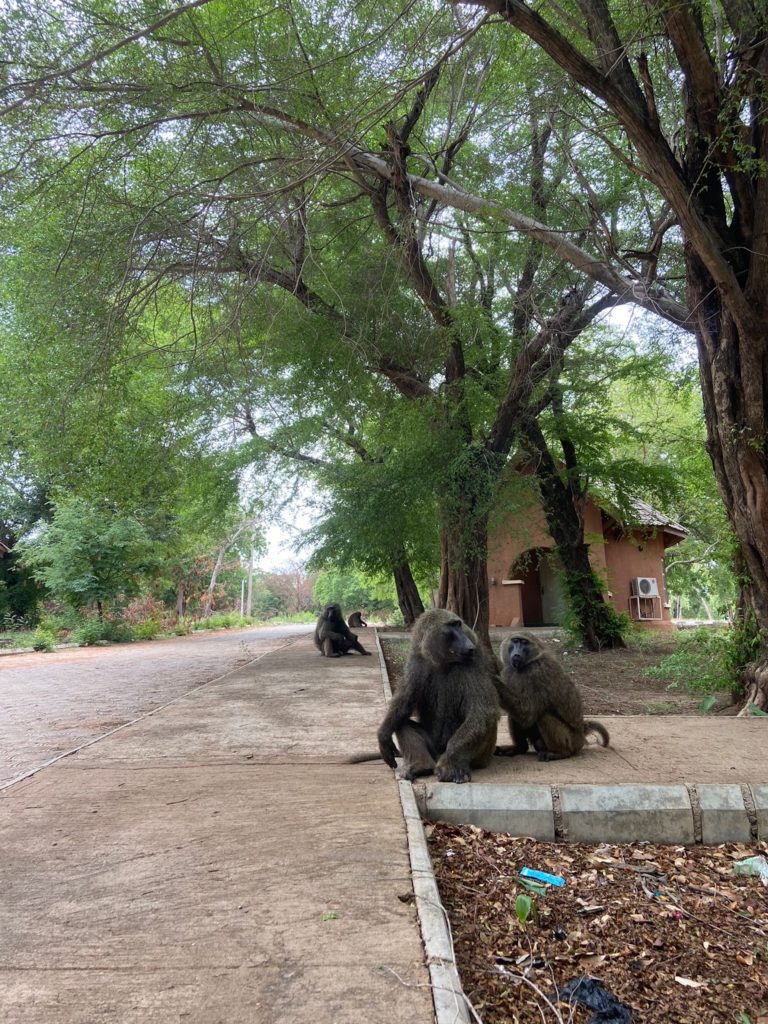
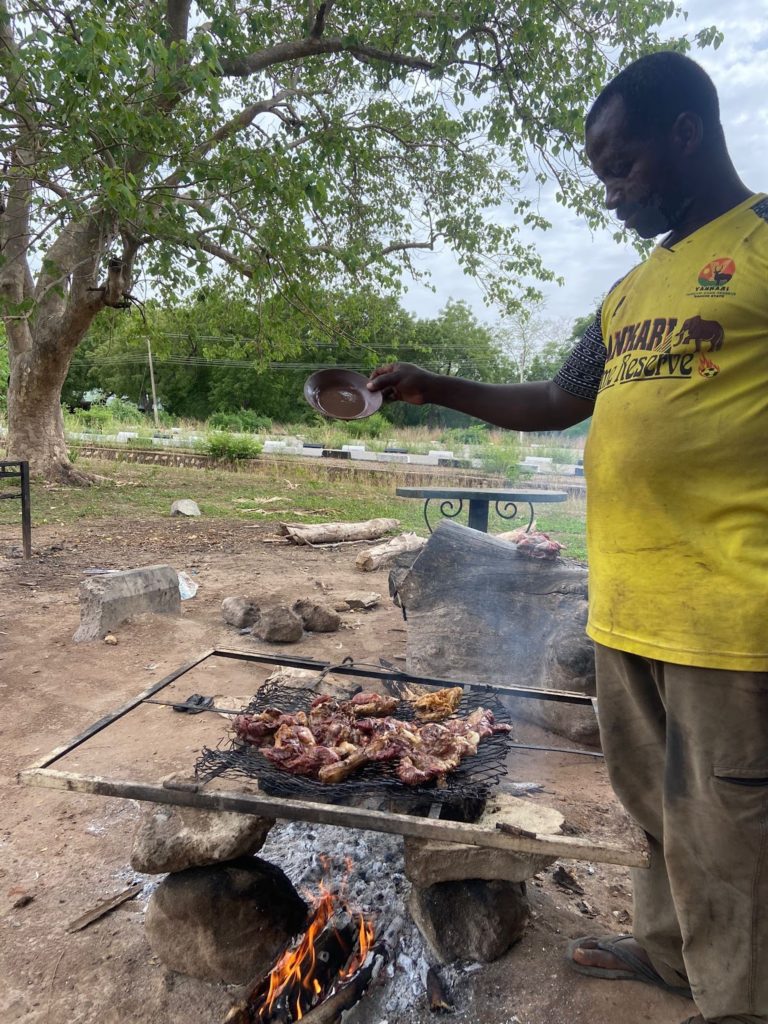
Why did I come to the reserve? To reflect.
I’d visited Yankari twice before for day trips as part of a group, and once for a longer stay. I found that, maybe because I was born in Bauchi, it felt like Camp David for me.
At the warm pool, I sank into the water and held my breath, checking for stones on the water’s floor and appreciating the purity of the Wikki Warm Spring. Earlier, I’d watched a baby monitor lizard sunning on the tree that spread a shade over the pool.

I saw her walking, her henna ink still fresh and intricately drawn. I might have complimented it. I like good pedicures, a fetish I got from my dad. This lady at the pool smiled, we exchanged names, and soon, her husband swam to meet me. It was a whirlwind discussion as he told me about their frequent trips from Jos to have some quiet time here.
In a stage whisper, he confided in me, “We are married and it’s not long, so she is on contraceptives so we can have all the fun.” Some metres away, she floated on the water’s surface.
It was a pleasant, sunny afternoon, a good one to share secrets, so I told him about my growing interest in Islam and willingness to convert.
“Are you sure? Let’s go to the mosque now.”
We soon left the pool and headed to the Yankari Central Mosque. It was a Friday, the muslim faithful had gathered, and the Imam was informed. I took the vow, had the ritual bath and began classes with the Chief Imam, Mallam Naziru Zakari Muhammad.
Soon, the General Manager of the reserve, Mallam Aslam, sent for me. And on a certain evening, with his window open—a bat flew around loudly, almost settling on me—we discussed my conversion, the expectations and my role as a new convert. I felt at home.
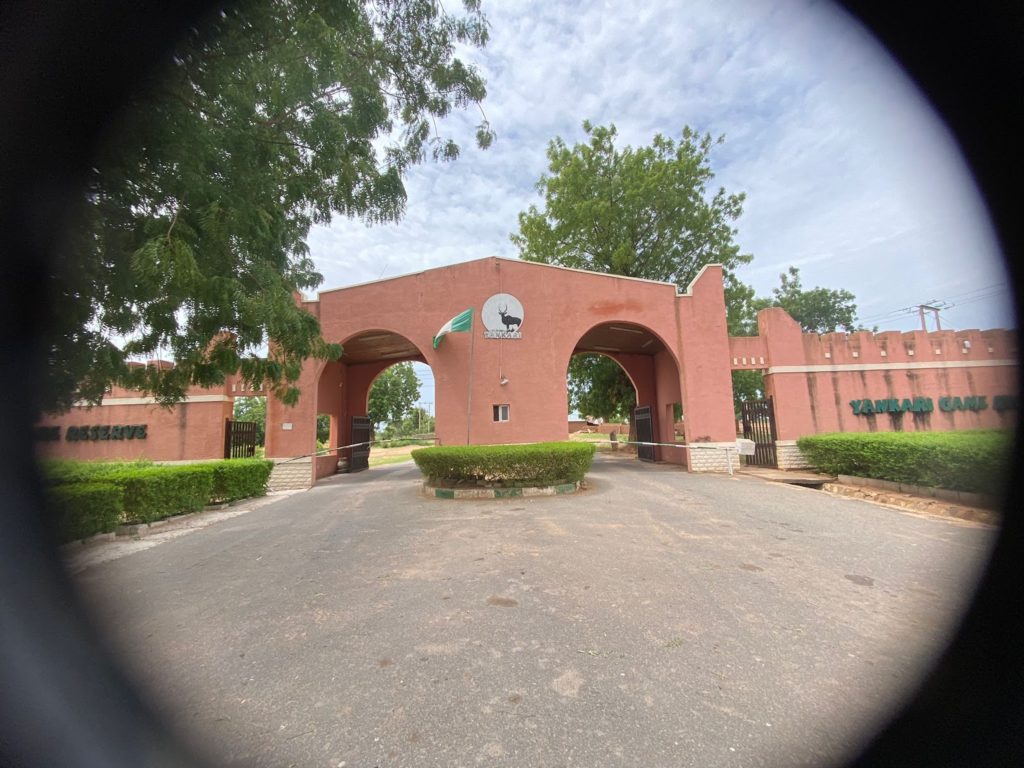
My conversion to Islam has been a long time coming, and as I stand, toe to toe with the brothers at the Belfast Islamic Centre, with the muezzin’s call for prayer urging us to bow facing the Qibla in submission to the One and True God of Peace, I am amazed and grateful for my incredible journey, and certain of joy and happiness in the years ahead.

Editor’s note: This is a contributor piece. All views and opinions expressed in this essay are solely the author’s.




